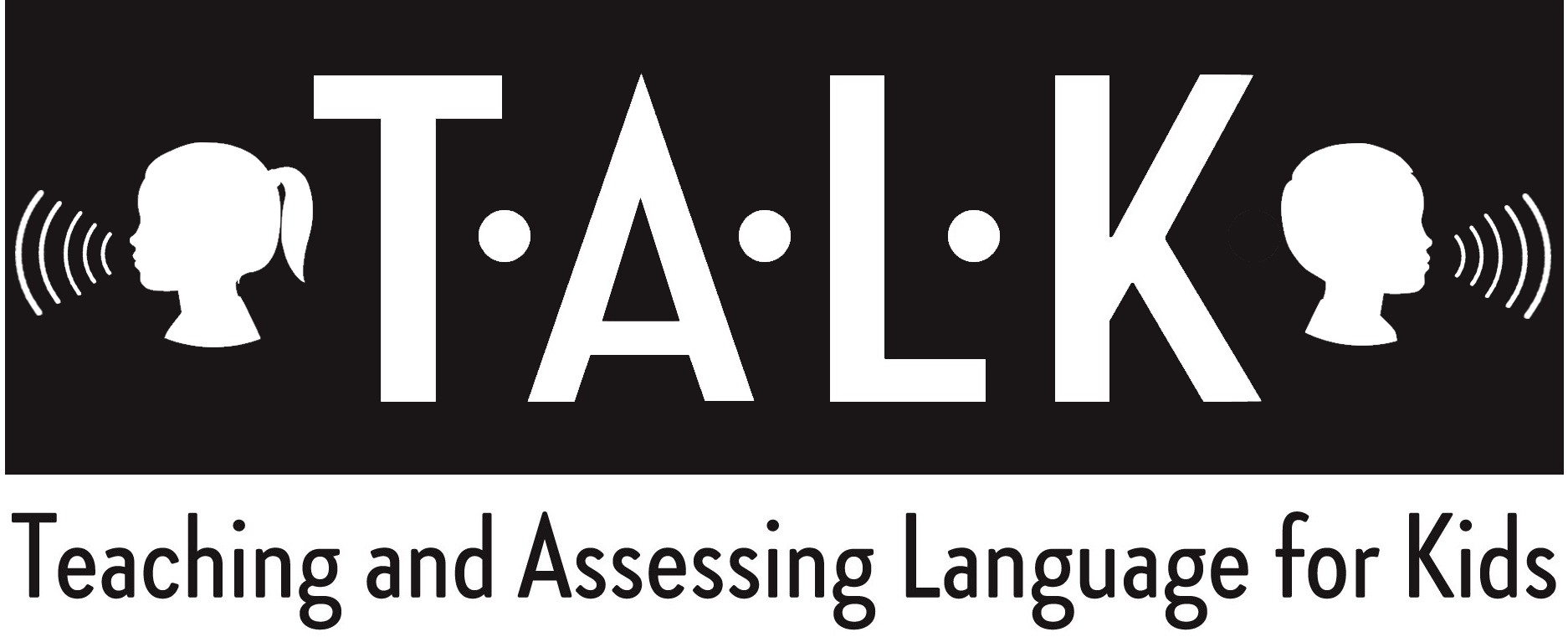What is Executive Functioning?
How many times have you told your kids to do things around the house over and over again?
Clean your room!
Pack your bag!
Take out the trash!
Get ready for school!
Don’t forget your lunch!
Well, here is the deal, there is a WHOLE LOT that goes into a multistep task. We have to plan, organize, and then complete the task. This is called executive functioning.
Executive functions are the mental processes that enable us to plan, focus attention, remember instructions, set goals, respond appropriately, and juggle multiple tasks successfully. It lets us GET IT DONE! Ever have a hard time even just beginning a task? Whether you are a child, teenager, or adult, we have all felt this way at some point.
There are different components of executive functions, which include working memory, inhibitory control, and cognitive flexibility; however, they all link and influence each other. Some may refer to executive functions as the air trafficking system of our brain! Our brain has to manage different information at once and distractions simultaneously.
Let’s briefly go through these three components.
Working memory helps us process information and keeps information in our mind, while allowing us to manage multiple chunks of information at the same time. This is how complex tasks may be solved.
Inhibitory control allows us to control our attention, behavior, as well as control and regulate emotions.
Cognitive flexibility allows individuals to adapt to new tasks quickly and find ways to solve problems.
Within these components, there are seven smaller executive functions, including:
self-awareness
inhibition
non-verbal working memory
verbal working memory
emotional self-regulation
self-motivation
planning
problem solving
Executive function develops over time and continues to mature through the teenage years and into our twenties. When kids have a weakness in this area, it impacts learning and everyday life. Children who struggle in executive function often have difficulty paying attention, focusing, organizing, planning, starting and completing tasks, and shifting from one task to another.
Students are expected to know what to do, how to do it, how to get answers and ask for help when needed. We need to teach our students the appropriate skills to handle various situations and tasks. Parents, teachers, therapists and other professionals can help kids and teens that struggle with executive functioning. This may include teaching to create goals, estimate the time how long it takes to do something on a checklist, prioritize, choose a special place in your house to put your calendar, set a specific time and day to organize your room, and so on.
With the right intervention and supports, kids can have an easier time managing their tasks and activities of daily life. Children are not born knowing how to take notes or to use a calendar. We need to teach children how to manage their time and prioritize. Let’s encourage kids to ask metacognitive questions to become more independent (e.g., “What could I do differently next time I do this task?”).
More importantly, intervention should start early and be reinforced regularly. Lucky for you, TALK has skilled speech-language pathologists who teach executive functioning skills and provide strategies for parents to incorporate at home. Contact us for more information on managing executive functioning: Burlingame office at 650-344-9961, Danville office at 925-725-4632, or email us at peninfo@talkpeninsula.com

